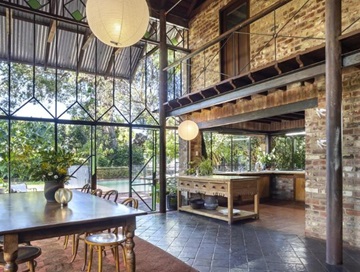It’s hard to miss the current debate around tax reform with recent focus being on negative gearing and Capital Gains Tax.
The opposition’s plan to limit negative gearing provisions to new dwellings only is premised on the idea that such a move will encourage new construction, improve supply, create more construction jobs, improve affordability and raise $500 odd million over the forward estimates.
These ‘positive’ outcomes can be countered by the fact that construction costs would rise, supply of rental housing will plummet, construction jobs require skilled workers, property values will fall, affordability wouldn’t change much and $500 million is insignificant given our current deficit.
Any plan to mess with the current negative gearing provisions is fraught because it is so deeply entrenched and therefore interlinked with our vast and complex tax system. Changing one part of it inevitably impacts on others.
What about losses incurred across other asset classes? Excluding them will simply mean investors will re-direct funds to those assets that are unaffected by the rule change. Existing housing stock would be ignored as an investment option and this would put immense pressure on the supply of rental stock and, inevitably, we would see rents rise.
The debate seems to be ignoring the potential impact on the future demand for public and social housing. If changes to negative gearing are introduced the flow on effects to rental prices will, in turn, make what were once affordable private rentals, unaffordable.
We need to consider the impact this has on the State Government’s ability to provide public and social housing at a time when the State’s revenue is under pressure. It will be up to them and their tax payers to come to the aid of the many who would no longer be able to afford rent and provide them with housing in a system already short on supply and resources.
The proposed policy doesn’t take into account that not all investors choose to buy property to avoid tax otherwise payable through negative gearing. A loss is a loss and added pressure on families to meet their daily expenses means investors are often attracted to property investments that either break even or are positively geared in order to maintain cash flow.
The last time a government tried to abolish negative gearing it was back in several months later as the voter backlash from soaring rents and plunging property values frightened them into a retreat. Our housing system is complex and tinkering with a component of it is dangerous and ill-conceived.
.tmb-imgwidgetm.jpg?sfvrsn=47e4081f_1)




767bbbc6-4993-4f16-8933-e9b2baaac7a0.tmb-rcarousel.jpg?sfvrsn=8cf14270_1)




